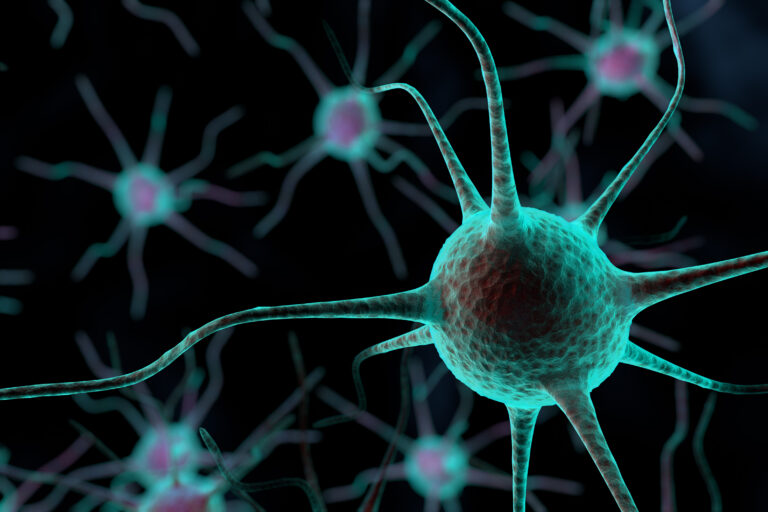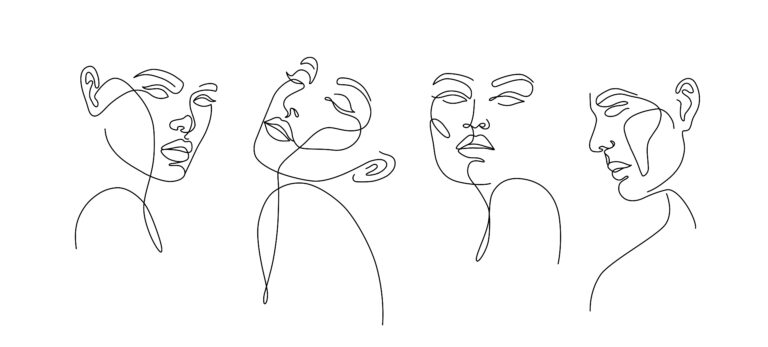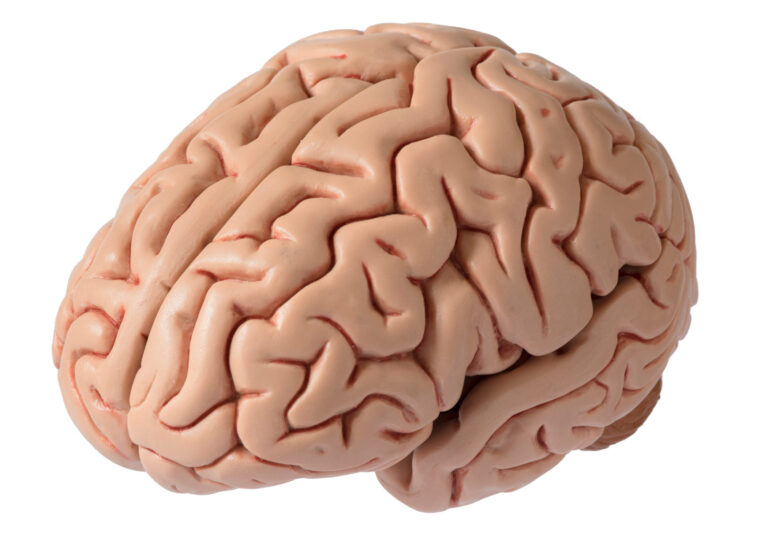When considering whether to take vitamins during fasting, it’s essential to understand how fasting affects the body’s nutrient needs and how vitamins interact with fasting. Fasting, whether intermittent or prolonged, can have various impacts on health, depending on the type of fast and individual health conditions.
## Understanding Vitamins and Fasting
Vitamins are crucial for maintaining health, and they can be broadly categorized into two types: fat-soluble and water-soluble vitamins.
### Fat-Soluble Vitamins
Fat-soluble vitamins include vitamins A, D, E, and K. These vitamins are stored in the liver and body fat and require fat for proper absorption. During fasting, especially when no food is consumed, these vitamins may not be absorbed effectively because they are not being taken with fat-containing foods[1]. However, if you are fasting for less than five days, your body may still obtain these vitamins by burning stored fat.
### Water-Soluble Vitamins
Water-soluble vitamins, such as the B vitamins and vitamin C, are not stored in the body and need to be replenished regularly. They can be taken on an empty stomach but may cause nausea in some individuals[1]. These vitamins are generally safe to take during fasting since they are excreted quickly if taken in excess.
## The Need for Vitamins During Fasting
Fasting can lead to nutrient deficiencies if not managed properly. For example, thiamine (vitamin B1) depletion has been observed in individuals undergoing prolonged fasting, highlighting the potential need for supplementation[2]. However, the necessity of taking vitamins during fasting depends on several factors, including the duration of the fast, individual health status, and dietary habits before and after fasting.
## Recommended Vitamins for Fasting
Some vitamins are recommended during fasting to support overall health and immunity. These include vitamins A, B, C, D, E, K, and multivitamins[3]. Vitamin D, in particular, has been shown to have potential benefits in reducing insulin resistance, which could be beneficial for individuals with diabetes[5].
## Considerations for Taking Vitamins During Fasting
When deciding whether to take vitamins during fasting, consider the following:
1. **Type of Fast**: If you are engaging in prolonged fasting, you may need to consider supplementation to avoid deficiencies. For shorter fasts, your body may utilize stored nutrients effectively.
2. **Individual Health Needs**: People with pre-existing health conditions or deficiencies may require specific vitamin supplements during fasting.
3. **Consult a Healthcare Professional**: It’s crucial to consult with a healthcare provider before starting any supplement regimen, especially during fasting, to ensure you are meeting your nutritional needs safely.
## Other Supplements During Fasting
In addition to vitamins, other supplements like L-tyrosine may be beneficial during fasting. L-tyrosine is an amino acid that can help improve mental performance and reduce stress effects, which can be particularly useful during fasting periods[1].
## Conclusion on Vitamins and Fasting
Ultimately, whether to take vitamins during fasting depends on individual circumstances. It’s important to weigh the potential benefits against the risks and consult with a healthcare professional to make informed decisions about supplementation.
References:
[1]
[2]
[3]
[4]
[5]
[6]
[7]





